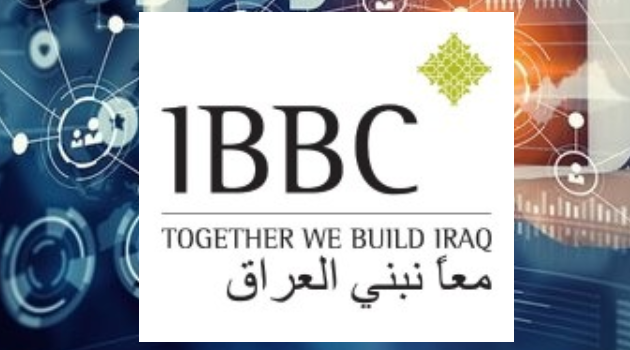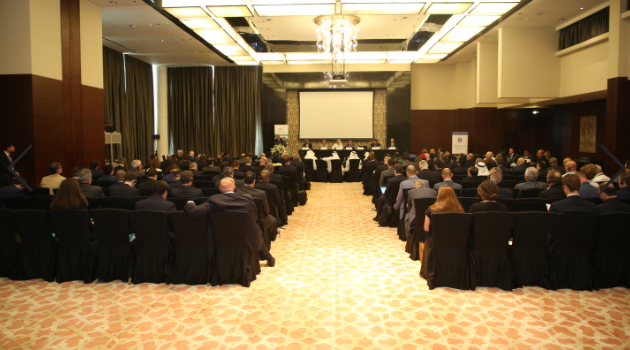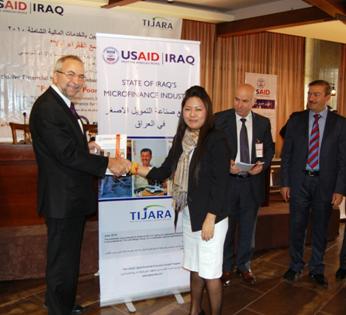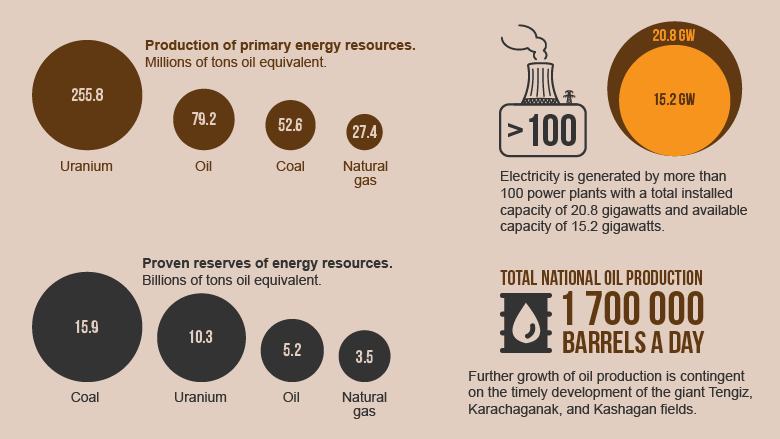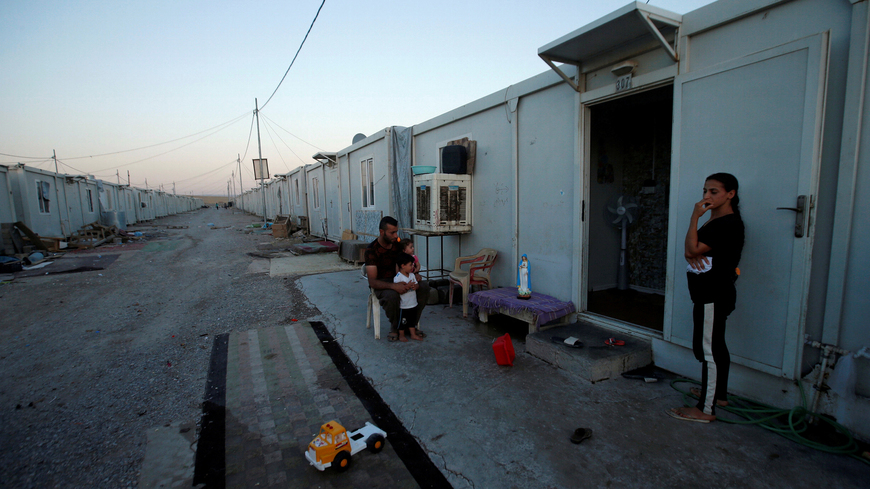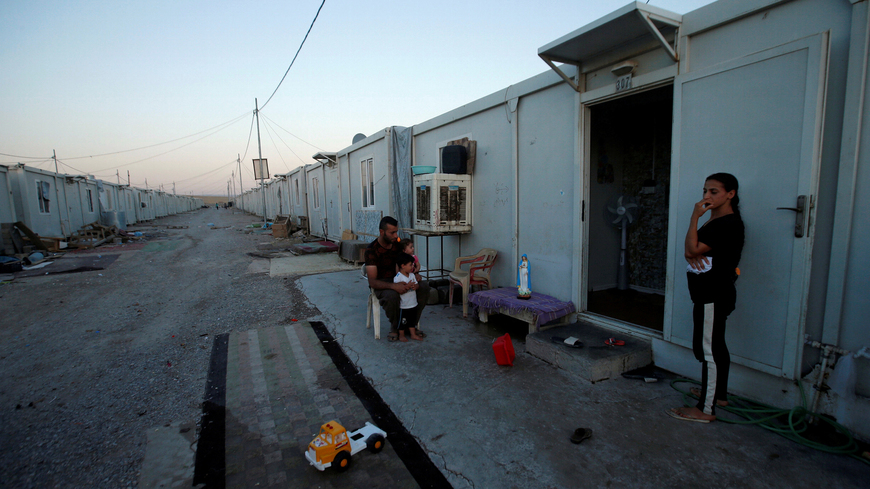In response to the COVID-19 outbreak in Iraq, the World Bank has recently approved the re-allocation of U$33.6 million under the current Emergency Operation for Development Project (EODP-US$750 million) to support the Ministry of Health’s efforts in preventing, detecting, and responding to the COVID-19 pandemic.
This fast track emergency response comes in two phases. The World Bank initially mobilized US$7.8 million from resources that were immediately available under the EODP to help finance the supply of essential medical equipment and supplies and strengthen intensive care unit (ICU) capacity at public hospitals for improved COVID-19 case management.
Through cooperation with the United Nations Office for Project Services (UNOPS), ventilators, ICU beds, ECG machines, mobile X-ray machines and defibrillators will be delivered to designated sites in four to eight weeks.
In a follow-up step, the World Bank also approved the Government of Iraq’s request to re-allocate an additional US$25.8 million under the project to supply additional quantities of equipment and consumables and support the training of health workers and front-line responders on their use. The expedited procurement procedures of UNOPS will ensure the timely delivery of medical supplies to the Ministry of Health.
“The pandemic is expected to particularly hit poor and vulnerable households. The World Bank stands ready to support Iraq’s efforts to contain the rapid spread of the virus and strengthen the capacity of the Ministry of Health to address the additional strain the pandemic poses on the Iraqi health system,” said Saroj Kumar Jha, World Bank Mashreq Regional Director.
The reallocation of funds does not affect the initial scope of the Emergency Operation for Development Project which aims to support Iraq in the reconstruction of damaged infrastructure and the restoration of public services delivery in targeted municipal areas. As a matter of fact, and through the procurement of goods, works and consulting services using World Bank’s procurement and financial management regulations, over 3 million people in five governorates liberated from ISIS are already benefiting from improved health services through the rehabilitation of damaged clinics and the supply of 14 mobile clinics and 82 ambulances, restored electricity connectivity by 35%, improved key municipal services with the provision of purified drinking water and waste collection schemes, and restored access through the reconstruction of 400 km of roads and 25 critical bridges. The project is also contributing to promoting state/citizen trust-building and reconciliation through the training of 79 non-governmental organizations and over 1,000 young men and women on peaceful dialogue and reconciliation in their communities.
The Emergency Operation for Development Project was initially approved in July 2015 in the amount of US$350 million. An additional financing to the project in the amount of US$400 million was later on approved in October 2017 to allow the geographic scale-up of existing project activities to additional cities liberated from ISIS.
World Bank Group COVID-19 Response
The World Bank Group, one of the largest sources of funding and knowledge for developing countries, is taking broad, fast action to help developing countries strengthen their pandemic response. We are increasing disease surveillance, improving public health interventions, and helping the private sector continue to operate and sustain jobs. Over the next 15 months, we will be deploying up to $160 billion in financial support to help countries protect the poor and vulnerable, support businesses, and bolster economic recovery, including $50 billion of new IDA resources in grants or highly concessional terms.
(Source: World Bank)

